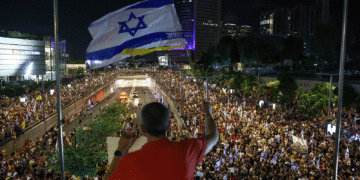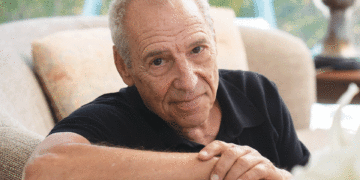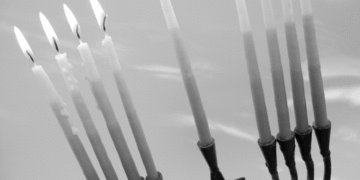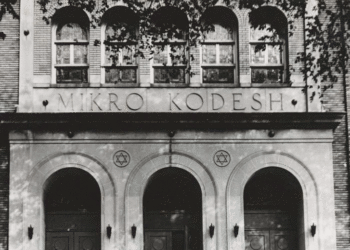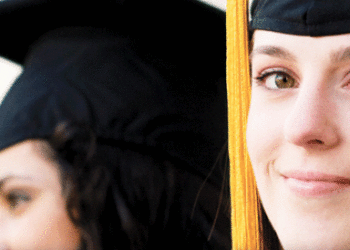Communal leaders work to recover from mass evacuations, widespread school closings, property damage and at least two deaths
By ADAM SOCLOF
NEW YORK (JTA) — Less than a year into her job at North Shore Synagogue in Syosset, N.Y., Rabbi Debbie Bravo sounded remarkably poised as she and her community face one of their most powerful challenges together: Hurricane Sandy.
Bravo’s landline was dead. When she picked up her cell phone Tuesday, she had just returned from the local police station.
“I have a child who takes medication that has to be refrigerated,” she said calmly.
According to figures released by the Long Island Power Authority on Tuesday, more than 930,000 families — 90 percent of all island residents — are without power after Hurricane Sandy wrought havoc Monday night across the northeastern United States. Among those 930,000 are an estimated 139,000 Jewish households.
Hurricane Sandy, which washed ashore Monday evening just south of Atlantic City, N.J., took dead aim at the most populous region of the country, home as well to the majority of the country’s Jews. In its wake, it left a trail of devastation that may take weeks to restore, if not longer.
“I went over to the synagogue a few hours ago, which is right next to a woodsy area,” Bravo said. “Ten plus trees are down, including a huge one down on the front lawn. Everyone’s saying this is a hundred times worse” than previous natural disasters that hit the island.
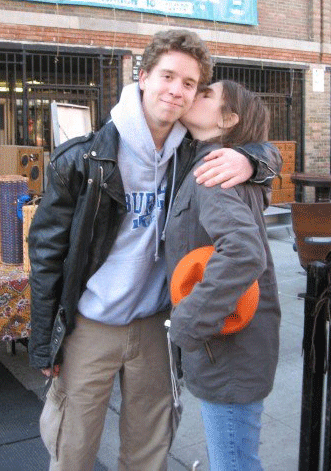
Jacob Vogelman and Jessie Streich-Kest are pictured together in this 2007 photo. The young Jewish couple from Brooklyn was killed when a tree felled by Hurricane Sandy struck them while they walked their dog on Oct. 29. (Photo: Facebook)
The greater New York area, home to the largest population of Jews in North America, took a harsh hit as severe winds and flooding toppled trees, triggered electrical fires and flooded public transportation systems. The result: mass evacuations of apartments and dormitories, widespread school closings, and damaged homes and community institutions.
The community also mourned at least two fatalities. Jacob Vogelman and Jessie Streich-Kest, a young Jewish couple from Brooklyn, were killed when a tree felled by the hurricane struck them while they walked their dog.
Early Tuesday afternoon, David Weissberg, executive director of the 120-year-old Isabella Freedman Retreat Center in Falls Village, Conn., posted a photo of a tree that literally sliced through the roof over the center’s main building.
“We’re looking in the short term how to work around that space and need to assess how long it will take to get that space repaired,” Weissberg said.
“It’s an amazingly precise cut,” he marveled. “It fell at an angle perfectly perpendicular to the building, which will hopefully make the repair an easier one.”
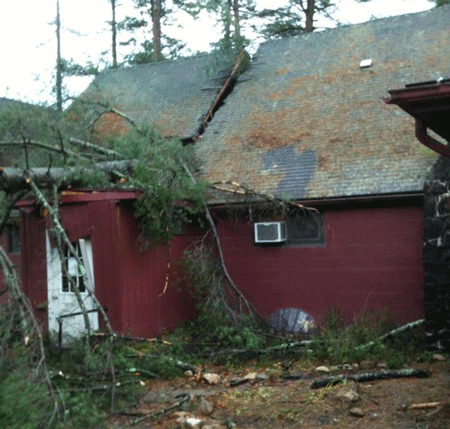
The main building at the Isabella Freedman Jewish Retreat Center in Falls Village, Conn., sustained damage on Oct. 29 when Hurricane Sandy sent a 100-year-old tree slicing through the roof. (Photo: Isabella Freedman Jewish Retreat Center Facebook)
Jewish communal organizations, whose offices, landlines and in some cases e-mail servers were closed or down on Tuesday, largely set up shop remotely as they set out to formulate a response.
“The concerns of the Jewish federations movement is focused on both those in the Jewish community and non-Jewish community as we work with local Jewish federations as well as local, state and federal emergency management personnel to assess the damage and look forward to recovery,” said William Daroff, vice president of public policy and director of the Washington office of the Jewish Federations of North America.
Daroff noted that while watching the devastation unfold, social media was a source of comfort.
“Compared to visuals from New York and the Long Island coast, having a support structure and literally thousands of friends acquired through Facebook and Twitter helped me feel less alone as my family sat shuttering with gusts of wind at 50 mph,” he said.
The Jewish United Fund/Jewish Federation of Metropolitan Chicago set up a relief fund Monday night, with the Jewish Federations of North America and Union for Reform Judaism following suit the next afternoon.
For those without power on Long Island, finding alternative to landlines was critical.
“A lot of people are not getting cell phone service at home,” Bravo said. “For one congregant, the only time I could talk to her was when she left her house.
“Truthfully in my mind, our options are try to use daylight,” she added.
As Bravo attempts to establish and maintain contact with the elderly and other congregants — including two with recent births — she also pondered the next moves for her synagogue’s two B’nai Mitzva this weekend, which in all likelihood will be conducted without power.


